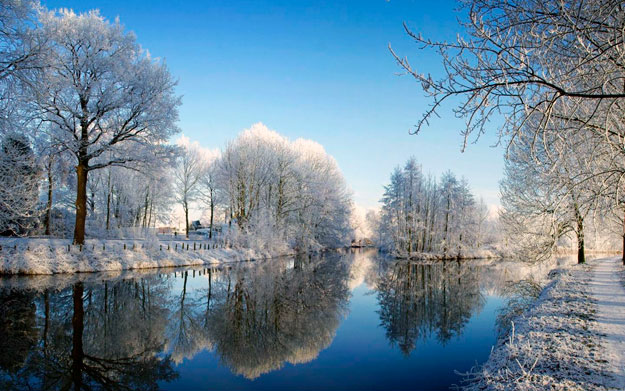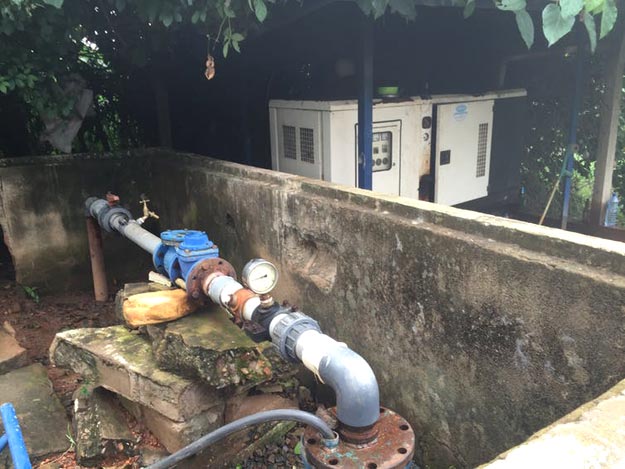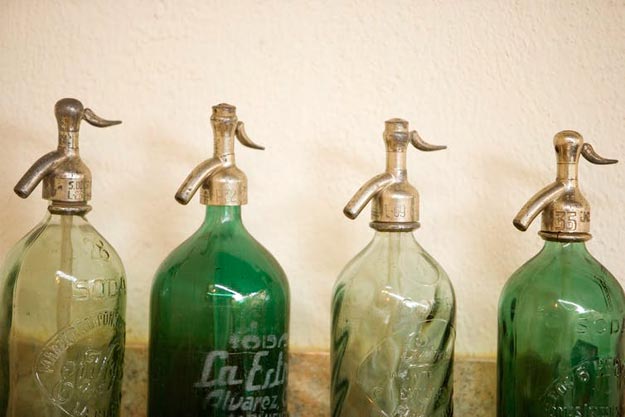 The “soft path for water” defines a new approach to managing water resources. The soft path begins with the recognition that with few exceptions people do not want to “use” water – they want complex combinations of goods and services.
The “soft path for water” defines a new approach to managing water resources. The soft path begins with the recognition that with few exceptions people do not want to “use” water – they want complex combinations of goods and services.
People want to drink and bathe, grow food, produce and consume goods and services, and otherwise satisfy human needs and desires. While many of these things require water, achieving these ends can be done in different ways, often with radically different implications for water. The soft path recognizes that there are two primary ways of meeting water-related needs, or more poetically, two paths.
The “hard” path relies almost exclusively on centralized infrastructure and decisionmaking using technology and institutions developed in the 19th and 20th centuries: large dams and reservoirs, pipelines and treatment plants, public water departments and agencies and private companies. The objective of the hard path is to deliver water, mostly of potable quality, and sometimes to remove wastewater. Read more












